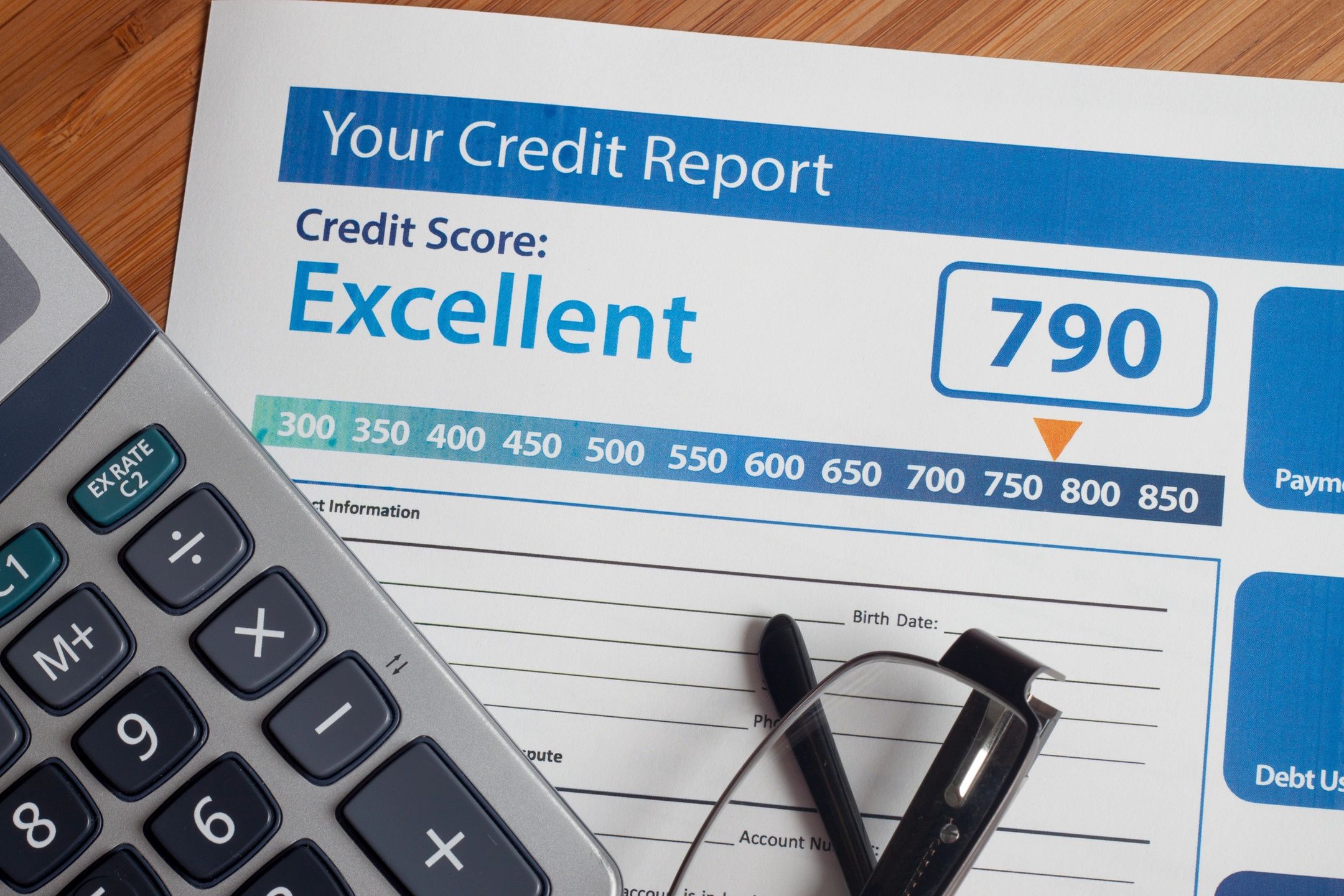Use Your Credit Wisely:
Every person has a credit score which reflects the manner in which you handle your debt. Your score is based on how well you manage your finances and changes throughout your financial lifetime. Things like paying your bills on time, paying more than the minimum amount, having a manageable line of credit, and your overall credit history are all factors to your credit score. Most credit scores are ranges that tell banks and other financial institutions how fiscally responsible you are with your debt. The categories are:
- Bad Credit – below 500
- Poor Credit – 501-600
- Fair Credit – 601-660
- Good Credit – 661-780
- Excellent Credit – 781-850
Your credit score influences the terms of any loan that you may apply for. If you have bad or poor credit, many institutions will not even give you a loan because you appear to be fiscally irresponsible. Banks may give you a much higher interest rate if you fall between fair and good because you are a higher risk borrower. With just these few examples, you can clearly begin to see the importance of always being diligent with your debt management.
No one really ever has EVERYTHING that they want. Responsible people understand that sacrifices need to be made in order to build wealth throughout their lifetime. You cannot have money saved AND spend every dime on consumable goods and services. Eventually, your money will run out and your debt will be astronomical. This is where a budget helps. A budget allows you to clearly see what you spend your money on, whether those purchases are GOOD DEBT and how much money you have left over for “extras”.
Credit Guidelines:
It is important to understand some general guidelines for keeping your debt manageable. Even for items considered “GOOD DEBT”, keep some budgetary guidelines in mind to help you remain in good standing with your creditors.
For a home: You should not spend more than 30% of your income on housing.
For your education: Most student loans have very low interest rates and allow you to begin paying after graduation. Look for scholarships or alternate school choices that may keep tuition costs lower. Even with a lower interest rate, you should try to pay this off as quickly as possible.
For a car: Cars are rarely seen as a luxury item anymore. Many people need their car to get to work and to be independent. However, do not fall into the trap of purchasing more of a car than you can afford. Car payments should not be more than 15% of your take-home pay. Keep a new car loan under 5 years and a used car loan under 3. Otherwise, you may have trouble paying for it. Also, remember luxury cars usually cost more to insure.
For credit card debt: As stated before, ideally credit card bills should be paid in full and on time in order to truly take advantage of an interest-free monthly loan. But, if you must use credit cards for larger ticket items, (like vacations, appliances, furniture, or entertainment) pay it off in a year or less. If you cannot, then do not charge for these items because you cannot afford them. Be fiscally responsible and forego these luxuries now, but start to save for them later.
IMPORTANT:
Keep in mind the importance of contributing for your retirement. Rollover IRA’s and company 401K plans are necessary in helping you grow your wealth for when you retire. Always try to budget an amount to contribute to these plans (often times companies will match a certain percentage of your contributions – giving you essentially retirement investment money for FREE).


